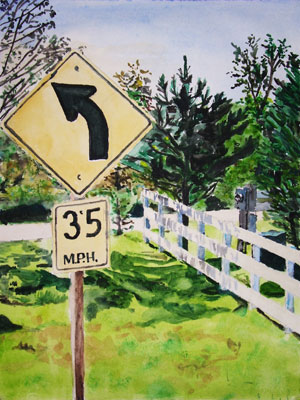All Nonfiction
- Bullying
- Books
- Academic
- Author Interviews
- Celebrity interviews
- College Articles
- College Essays
- Educator of the Year
- Heroes
- Interviews
- Memoir
- Personal Experience
- Sports
- Travel & Culture
All Opinions
- Bullying
- Current Events / Politics
- Discrimination
- Drugs / Alcohol / Smoking
- Entertainment / Celebrities
- Environment
- Love / Relationships
- Movies / Music / TV
- Pop Culture / Trends
- School / College
- Social Issues / Civics
- Spirituality / Religion
- Sports / Hobbies
All Hot Topics
- Bullying
- Community Service
- Environment
- Health
- Letters to the Editor
- Pride & Prejudice
- What Matters
- Back
Summer Guide
- Program Links
- Program Reviews
- Back
College Guide
- College Links
- College Reviews
- College Essays
- College Articles
- Back
The Role of Women in 13th or 14th Century
In the 13th and 14th century women were not valued near as much as men were. Not much respect was giving to women and girls. Often people practiced polygamy, which means the husband had more than one wife. Women were the keepers of the house, and men consider them week and unable to do anything other than cook and clean. If the women were rich and the husbands were of fighting or traveling the wife’s would be left in charge of the castle (“Roles of Women in the Middle Ages”).
In the 13th and 14th century women had a very controlled lifestyle and were always being tested and watched on their behavior and manners. At 15 girls got married and had babies and it was not questioned or frowned upon, in fact it was encouraged and normal for marriage to take place at that age. With mirage came a dowry which is when the girls family gives money or land to the man who marries her, as an incentive to marry their daughter. In their rooms women had a corner or a closet where they keep all their personal and spiritual belongings. Women had to dress very modest and keep everything covered and always keep your eyes lowered. If they are in a building try to stay away from windows, and avoid going into a public place, large feast, and any confrontations (Barber and Montino).
Surprisingly, the rich and the poor women had something’s in common. All women were told regularly by the church and their husbands that being a woman meant they were naturally weak, and had a sinful nature and they could not do anything about it. Women no matter what class or what their social standing was would have been expected to bear children and be submissive to their husband, women would also have been judged on how fertile they were. How the church acted toward they women and how loyal the women were to the church determined how the women were treated (Pam Griffin).
In the 14th and 13th century women did not have regular everyday jobs like we do today. Women career choices were slim to none and were mostly told what they would do. Getting married and having children were what the women would do. If you were rich you would hire a nurse to raise your child and if you were poor you would have to do it on your on. The occasional women would learn to read and wright so they could help their husbands run their business and help with taxes and everyday money usage (Pam Griffin).
Unfortunaly, death still existed back then so if a womens husband dies before she did she would look after her husbands property. In some places the laws said that the sons would inherit everything and the wife would be left with nothing. The way the widow was treated depended on what the laws were for that area (Pam Griffin).
Works Cited
Barber, Emma Rose and Dick Montino. “Women, Display, Devotion- Florence 13th and 14th Century.” 10 June 2004. 21 Feb. 2012. <http://www.ringlingdocents.org/womeninflorence.htm>
Griffin, Pam. “ Women in the 14th Century.” 1 Feb. 2010.21 Feb. 2012 <http://www.pamgriffin.suit101.com/women-in-the-14th-century-alab543>
“Roles of Women in the Middle Ages.” 2006-2012. 21 Feb. 2012. <http://www.medieval.
spell.com/Rolesofwomen-in-the-middle-ages.html>

Similar Articles
JOIN THE DISCUSSION
This article has 1 comment.